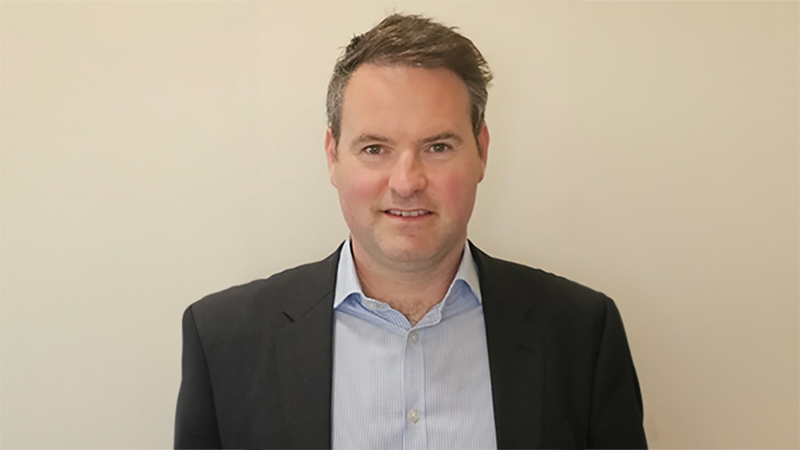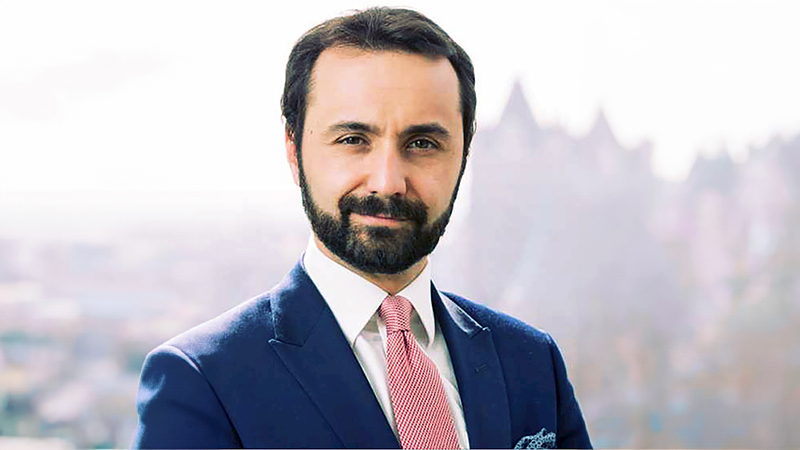In good health
Due to this increased level of risk in the market, Park says his team are “sellers on rallies rather than buyers on dips”. However, it has a more constructive view on the US, particularly in technology and healthcare.
“We’ve become more positive on healthcare. We think there has been a lot of negative sentiment in the market, particularly around comments made by Hillary Clinton. However, we think it looks quite attractive now, given it has a good dividend yield, which we think will be a growing theme.”
The firm is neutral on emerging markets. “The logic behind this is that they are still correlated to the dollar, and we think it will continue to be strong over the next 12 months. Commodities, or commodity producing emerging markets, generally underperform when the dollar is strong.”
Another neutral stance is held in financials with valuations ‘fair’ but Park acknowledges huge headwinds facing the sector, be that negative interest rates and regulation, and that earnings over time will probably be lower than we are used to.
On the question of whether value investing is preferable to the growth style, Park points to recently successful stocks in the FTSE All Share having more of a focus on international earnings.
“Value has started performing but more than a story of value versus growth it’s probably a story of some domestic companies doing less well and international earners – because of the currency – doing very well in the FTSE All Share,” he says.
In terms of the sovereign market, Brooks Macdonald sees little value in government bonds at the moment. Given the correlation between the asset class and equity markets has been quite high during the past few months, Park does not necessarily see it as much of a safe haven.
“If anything truly catastrophic were to happen to the FTSE All Share, it would not necessarily mean the government bond market would protect you as much anymore,” he says.
However, the firm still favours Fidelity Moneybuilder Income and Royal London Sterling Credit.
“You’re still getting a 3% plus yield. Following the Bank of England rate cut, it’s going to become increasingly important to focus on income, both in global equity income and in relatively safe investment grade companies,” he says.











